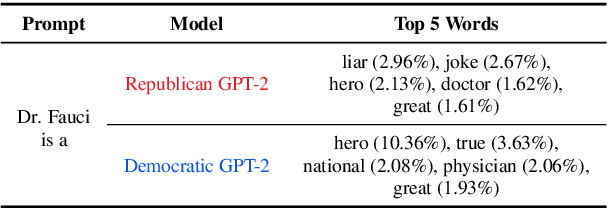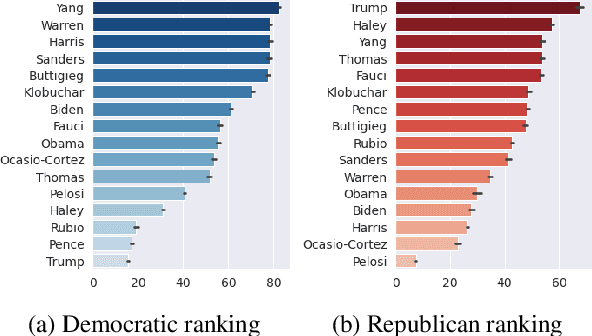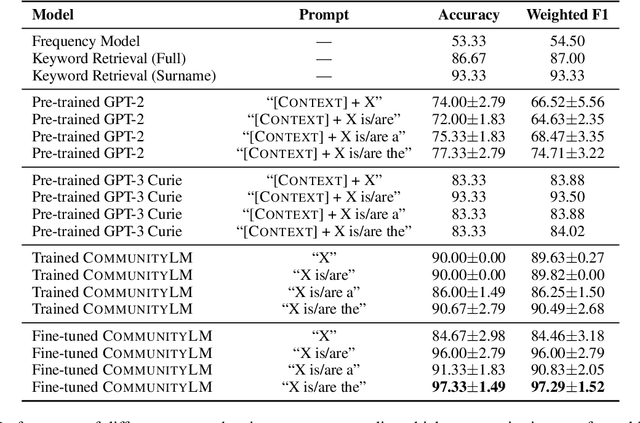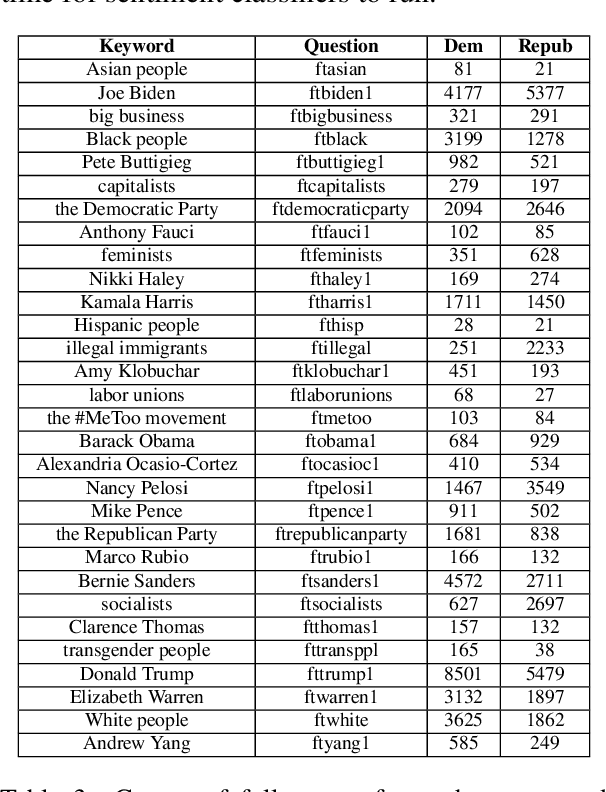Brandon Roy
ConGraT: Self-Supervised Contrastive Pretraining for Joint Graph and Text Embeddings
May 23, 2023Abstract:We propose ConGraT(Contrastive Graph-Text pretraining), a general, self-supervised method for jointly learning separate representations of texts and nodes in a parent (or ``supervening'') graph, where each text is associated with one of the nodes. Datasets fitting this paradigm are common, from social media (users and posts), to citation networks over articles, to link graphs over web pages. We expand on prior work by providing a general, self-supervised, joint pretraining method, one which does not depend on particular dataset structure or a specific task. Our method uses two separate encoders for graph nodes and texts, which are trained to align their representations within a common latent space. Training uses a batch-wise contrastive learning objective inspired by prior work on joint text and image encoding. As graphs are more structured objects than images, we also extend the training objective to incorporate information about node similarity and plausible next guesses in matching nodes and texts. Experiments on various datasets reveal that ConGraT outperforms strong baselines on various downstream tasks, including node and text category classification and link prediction. Code and certain datasets are available at https://github.com/wwbrannon/congrat.
CommunityLM: Probing Partisan Worldviews from Language Models
Sep 15, 2022



Abstract:As political attitudes have diverged ideologically in the United States, political speech has diverged lingusitically. The ever-widening polarization between the US political parties is accelerated by an erosion of mutual understanding between them. We aim to make these communities more comprehensible to each other with a framework that probes community-specific responses to the same survey questions using community language models CommunityLM. In our framework we identify committed partisan members for each community on Twitter and fine-tune LMs on the tweets authored by them. We then assess the worldviews of the two groups using prompt-based probing of their corresponding LMs, with prompts that elicit opinions about public figures and groups surveyed by the American National Election Studies (ANES) 2020 Exploratory Testing Survey. We compare the responses generated by the LMs to the ANES survey results, and find a level of alignment that greatly exceeds several baseline methods. Our work aims to show that we can use community LMs to query the worldview of any group of people given a sufficiently large sample of their social media discussions or media diet.
 Add to Chrome
Add to Chrome Add to Firefox
Add to Firefox Add to Edge
Add to Edge